Read our reviews ▸
Our instructional design is built around:
SEL-first routines
Classroom culture emphasizes safety, consistency, and relationships.
Eduprotocols
We use lesson frameworks to reduce cognitive load and support jagged learner profiles.
Mastery-based assessment
We track standards, not seat time. Student progress is formative, visible, and evidence-based
5E +ExploreBoards
Project-based, interest-driven scaffolds that build autonomy and deepen engagement.
Universal Accommodations
Built-in scaffolds (responsive pacing, structured peer dialogue, audio tools, guided instruction) in every class.
UDL-aligned supports are provided in every class for clarity.
Differentiated pathways
Using UDL principles, students take different paths toward firm learning goals.
High-relevance interdisciplinary units
Fewer units, more purpose. Units are interdisciplinary & product-driven.
Teacher-as-designer
Teachers apply protocols flexibly using data, autonomy, and student voice.
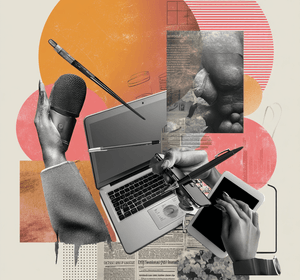
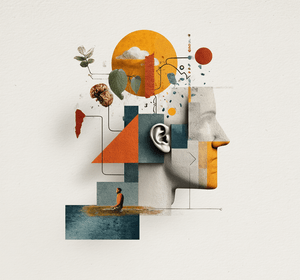
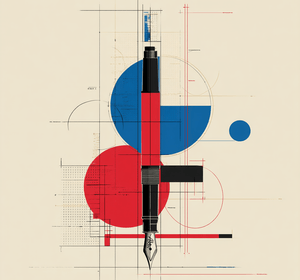
We support graduate research tackling real challenges in inclusive education—through the lens of design, therapy, and emerging tech.
Test and adapt ABA techniques for virtual spaces—rethinking behavior supports for online learners.
Develop strategies to help students with executive function challenges thrive in structured, self-paced online learning.
Design digital experiences that work with—not against—learners with sensory sensitivities.
Rethink online education to make it truly accessible—built from the ground up using Universal Design for Learning.
Explore how AI-powered speech and occupational therapy tools can better support autistic learners in digital environments.
Self-led doesn’t mean solo. We match you with a Fellowship Director or Thought Partner.
You’ll check in monthly. You can join our Roundtable calls. And you’ll be part of a growing crew of educators, therapists, and designers rewriting the rules of inclusive learning.
This fellowship starts with the assumption that one-size-fits-all has failed.
We invite research that treats neurodivergence not as a challenge to overcome, but as a lens to clarify design. Your work can help redefine what “inclusive” really means—beyond access, toward agency and belonging.
We’re not just collecting interesting ideas.
We’re looking for research that solves real-world problems inside classrooms, clinics, and platforms.
Show step by step how to get started.




Here are some short, concise notes about our pedagogy.

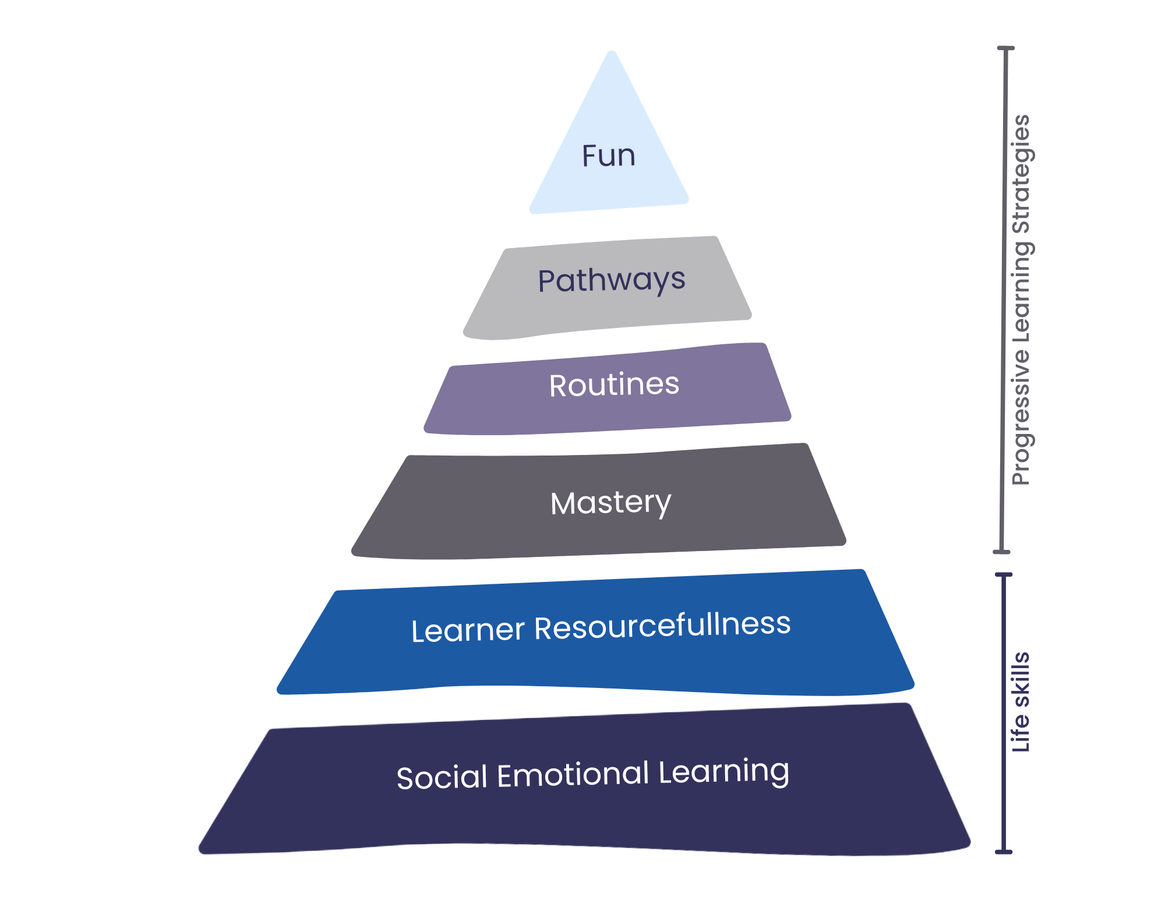
SEL-first routines: Classroom culture emphasizes safety, consistency, and relationships.
Eduprotocols: We use lesson frameworks to reduce cognitive load and support jagged learner profiles.
Mastery-based assessment: We track standards, not seat time. Student progress is formative, visible, and evidence-based.
5E +ExploreBoards: Project-based, interest-driven scaffolds that build autonomy and deepen engagement.
Universal Accommodations: Built-in scaffolds (responsive pacing, structured peer dialogue, audio tools, guided instruction) in every class. UDL-aligned supports are provided in every class for clarity.
Differentiated pathways: Using UDL principles, students take different paths toward firm learning goals.
High-relevance interdisciplinary units: Fewer units, more purpose. Units are interdisciplinary & product-driven.
Teacher-as-designer: Teachers apply protocols flexibly using data, autonomy, and student voice.
A Registered Florida Private School, Accredited by the Accrediting Commission for Schools, Western Association of Schools and Colleges
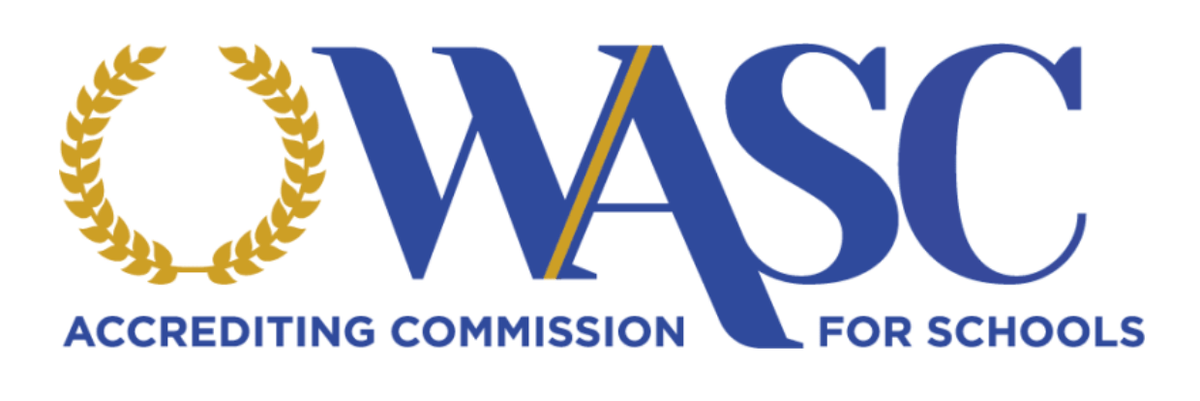
Join a live learning lab where personalized, mastery-based education meets neurodiversity-informed design. Your research won’t just study innovation—it will shape how we build the future of inclusive, adaptive learning.
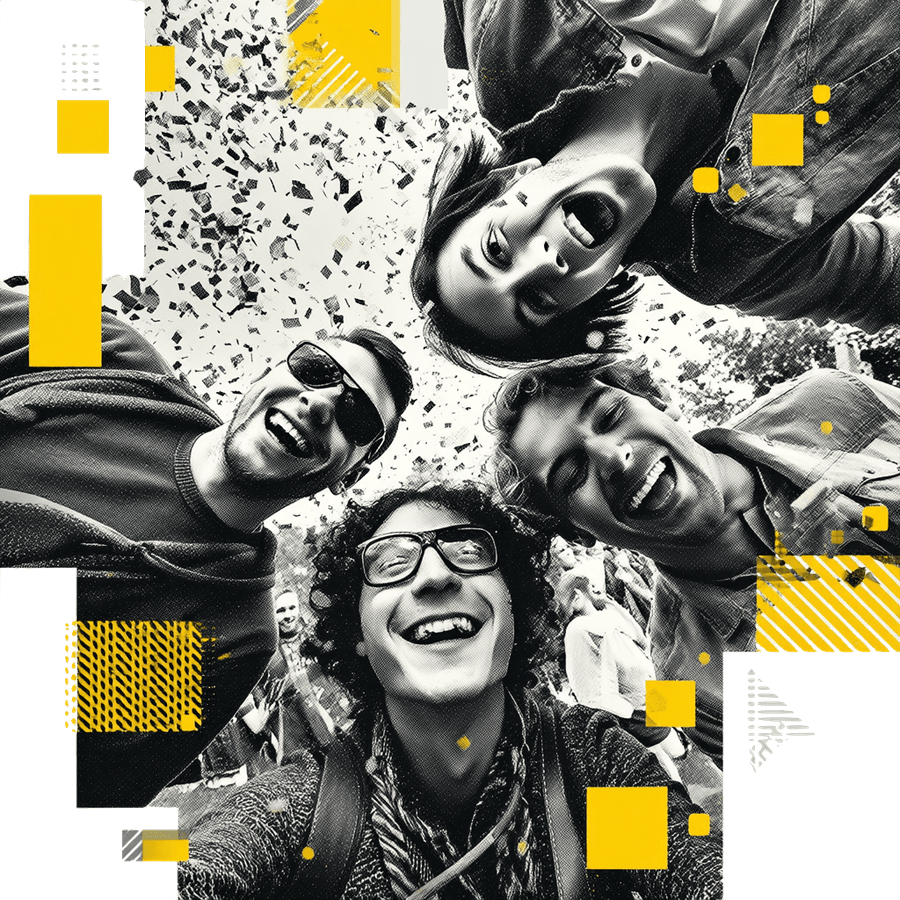
We built this for grad students tired of ticking boxes. The ones who want to ask sharper questions, follow real-world leads, and build work that matters.
We fund graduate students exploring bold, field-informed questions at the intersection of education, neurodiversity, and inclusive virtual learning.
If you’re ready to create work that’s original, practical, and genuinely impactful—this is your next step.
For students with Dyslexia, instruction and assessments can all be customized for them to go at their pace and dig deeper with their teacher.
Here are just a few of the accommodations that have helped our students with ASD:
Students who have ADD/ADHD are provided with the support they need to thrive. Distractions are managed and students actively engage in class at all times.
Anxiety comes in many forms: social, school, general, test, and more. At BMS we can personalize the experience to create a space where students feel safe and supported. Teachers also act as mentors and check in with students throughout the class period and school day.